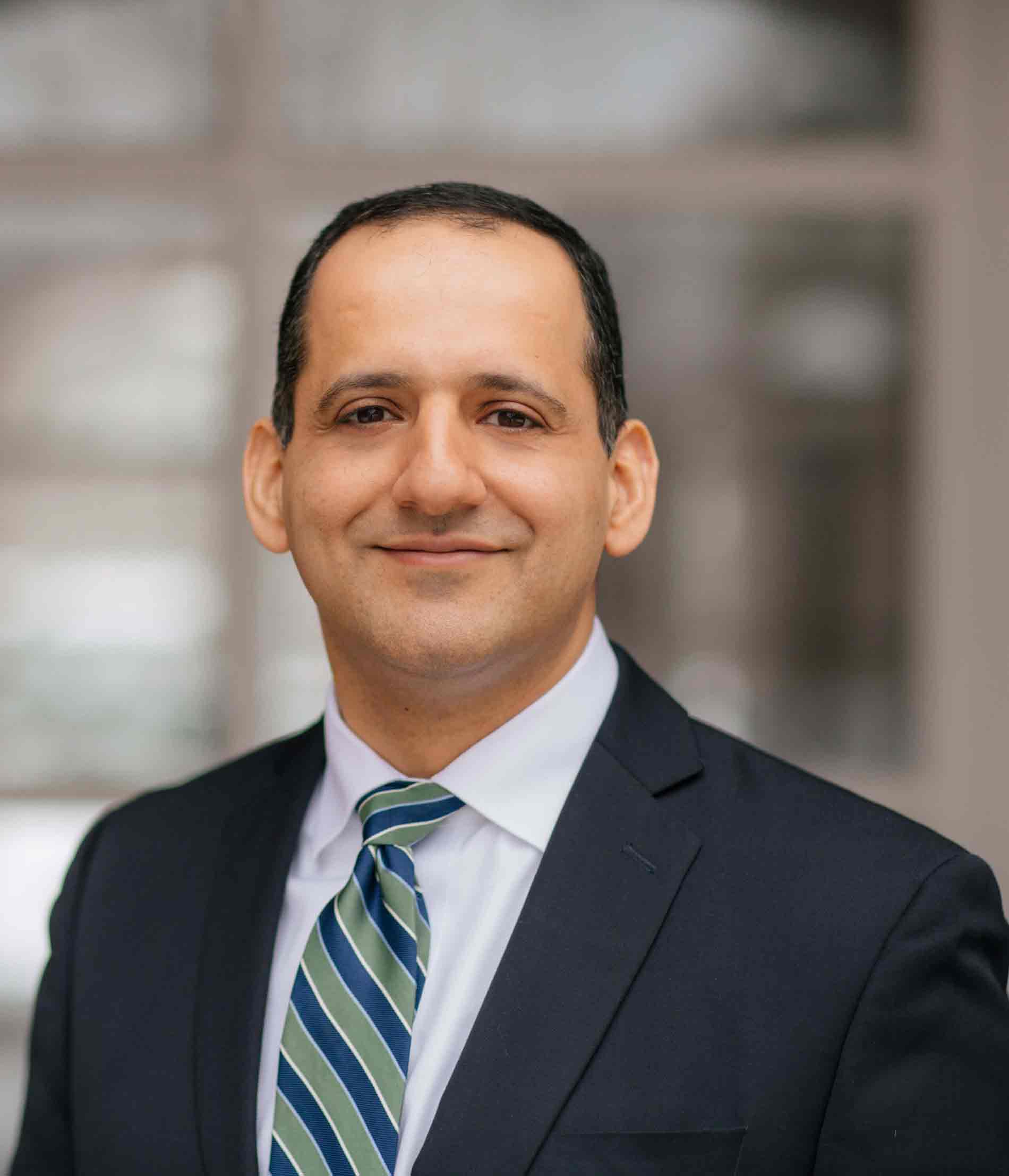A Global Solution to AC Optimal Power Flow
Presented by: Amro M. Farid
Since its first formulation in 1962, the Alternating Current Optimal Power Flow (ACOPF) problem has been one of the most important optimization problems in electric power systems. Its most common interpretation is a minimization of generation costs subject to network flows, generator capacity constraints, line capacity constraints, and bus voltage constraints. The main theoretical barrier to its solution is that the ACOPF is a non-convex optimization problem that consequently falls into the as-yet-unsolved space of NP-hard problems. To overcome this challenge, the literature has offered numerous relaxations and approximations of the ACOPF that result in computationally suboptimal solutions with potentially degraded reliability. While the impact on reliability can be addressed with active control algorithms, energy regulators have estimated that the sub-optimality costs the United States ~$6-19B per year. Furthermore, and beyond its many applications to electric power system markets and operation, the sustainable energy transition necessitates renewed attention towards the ACOPF. This webinar relays a new profit-maximizing security-constrained current-voltage AC optimal power flow (IV-ACOPF) model and globally optimal solution algorithm. More specifically, it features a convex separable objective function that reflects a two-sided electricity market. The constraints are also separable with the exception of a set of linear network flow constraints. Collectively, the constraints enforce generator capacities, thermal line flow limits, voltage magnitudes, power factor limits, and voltage stability. The optimization program is solved using a Newton-Raphson algorithm and numerically demonstrated on the data from a transient stability test case.
INTENDED AUDIENCE:
Grid Operators, Market Operators, Researchers
ABOUT THE SPEAKERS
|
Tags & Topics for This Webinar:
Optimal power flow; AC Optimal power flow; DC optimal power flow; electric power system operation; electricity markets; renewable energy integration
AFTER THE WEBINAR IS PRESENTED
For any questions, please contact Phyllis Caputo at p.caputo@ieee.org. To view previous webinars on-demand, visit the IEEE Smart Grid Resource Center |


